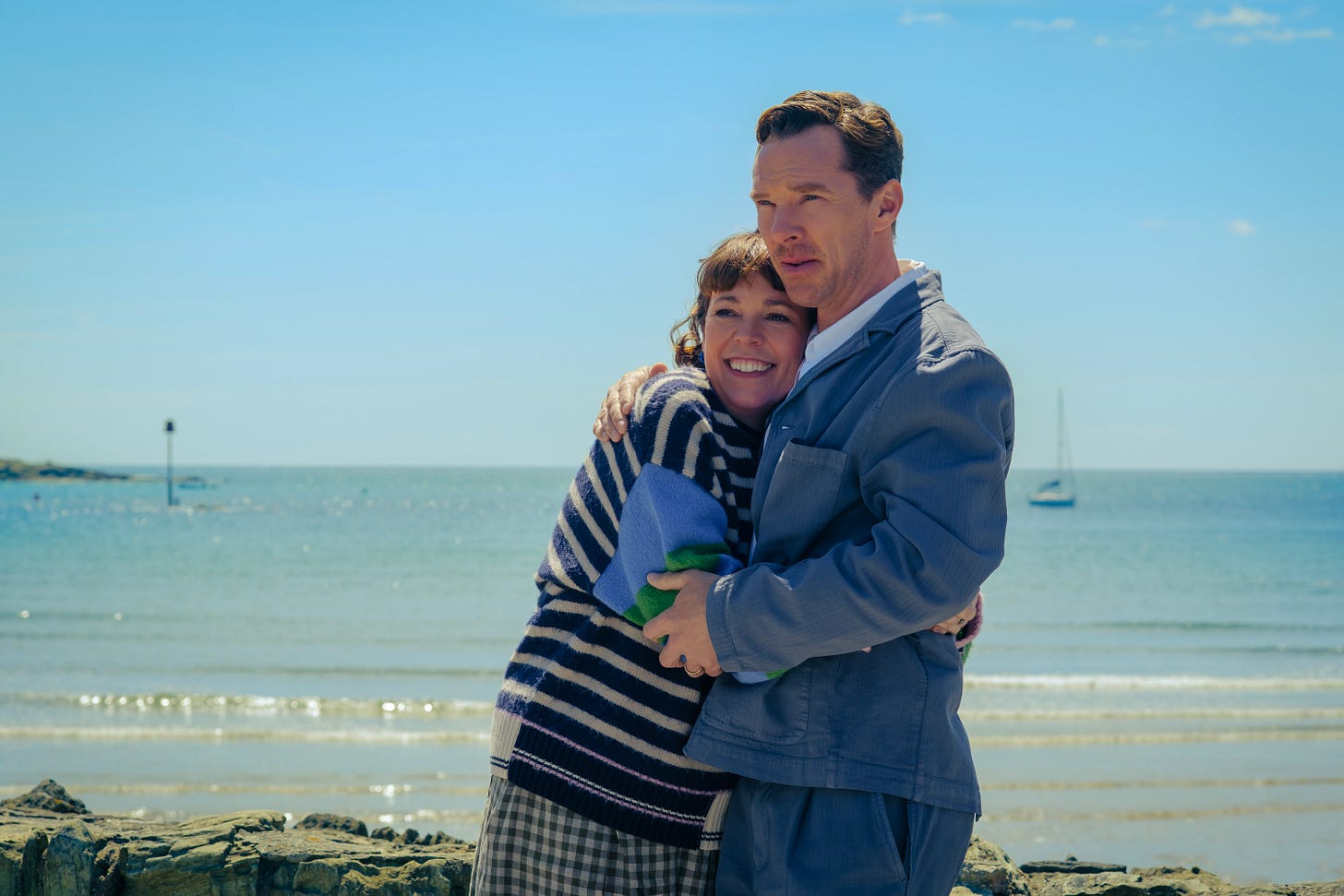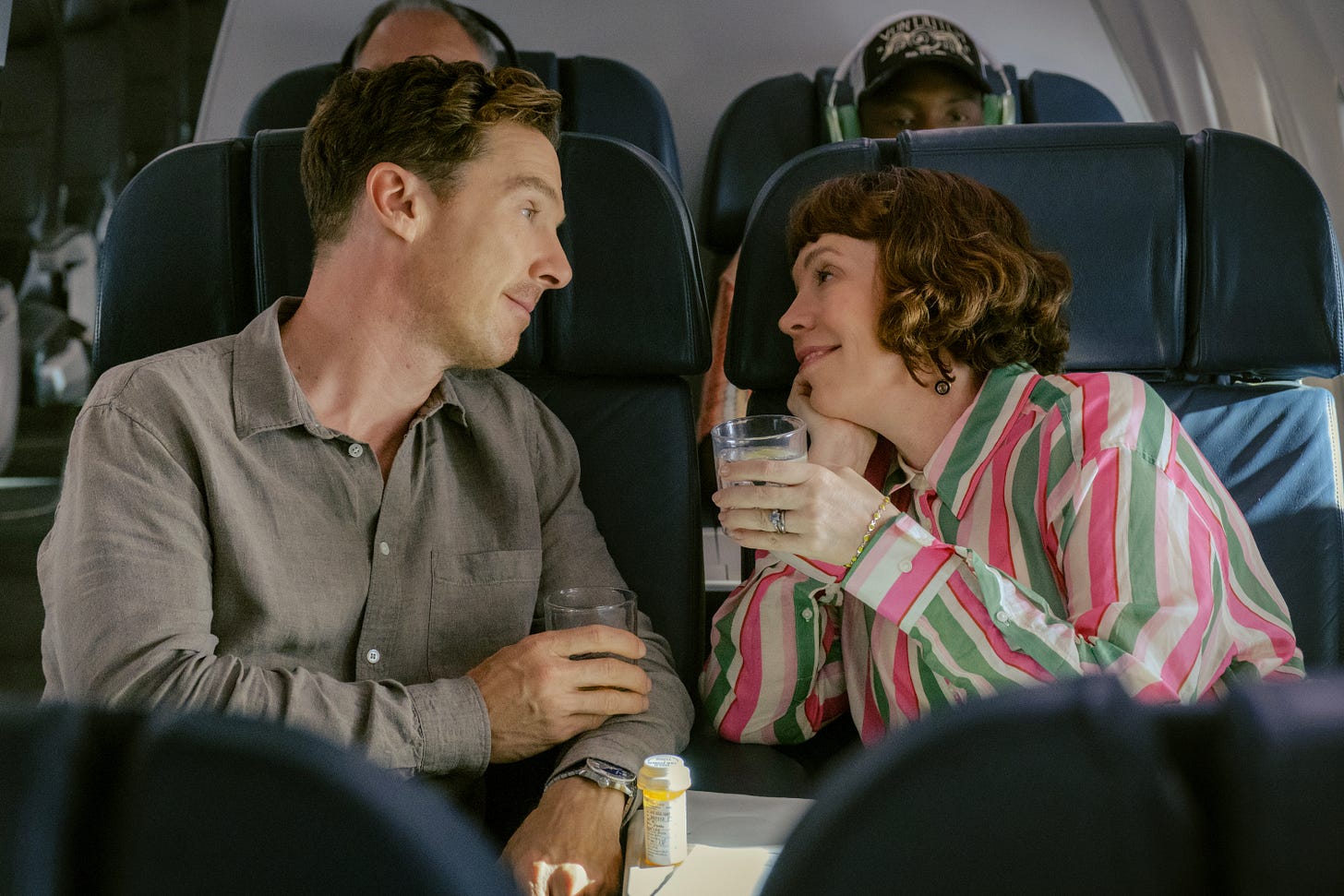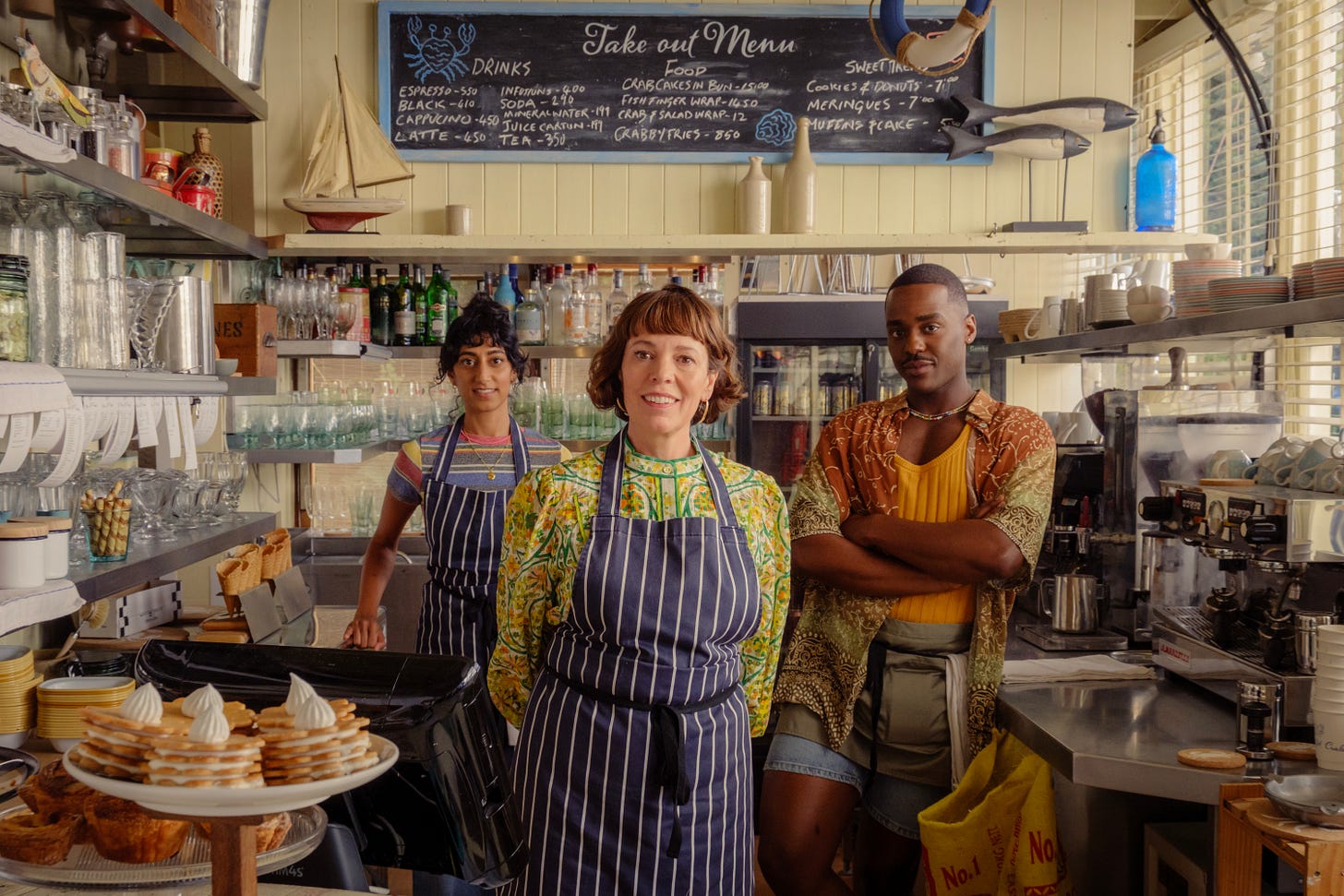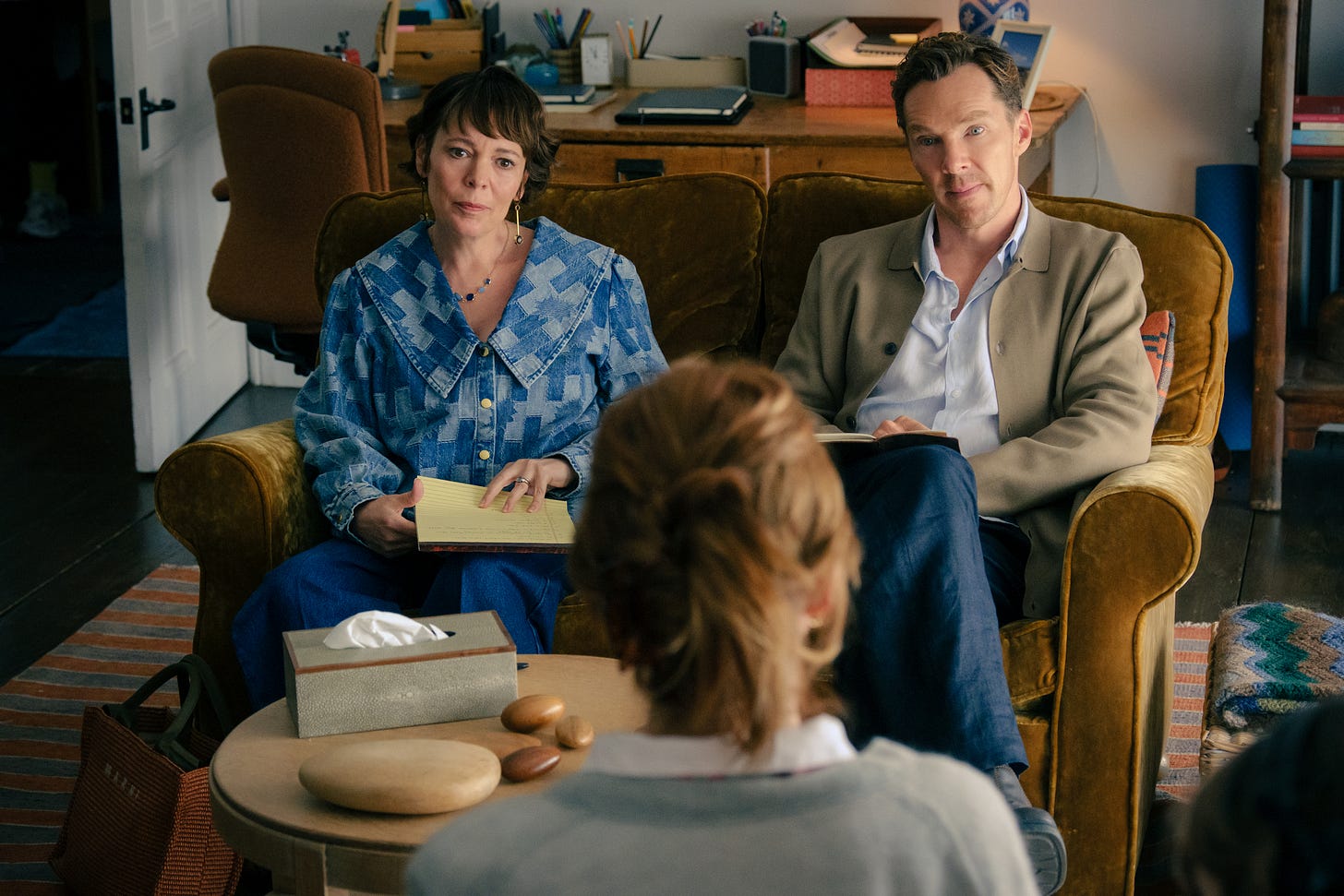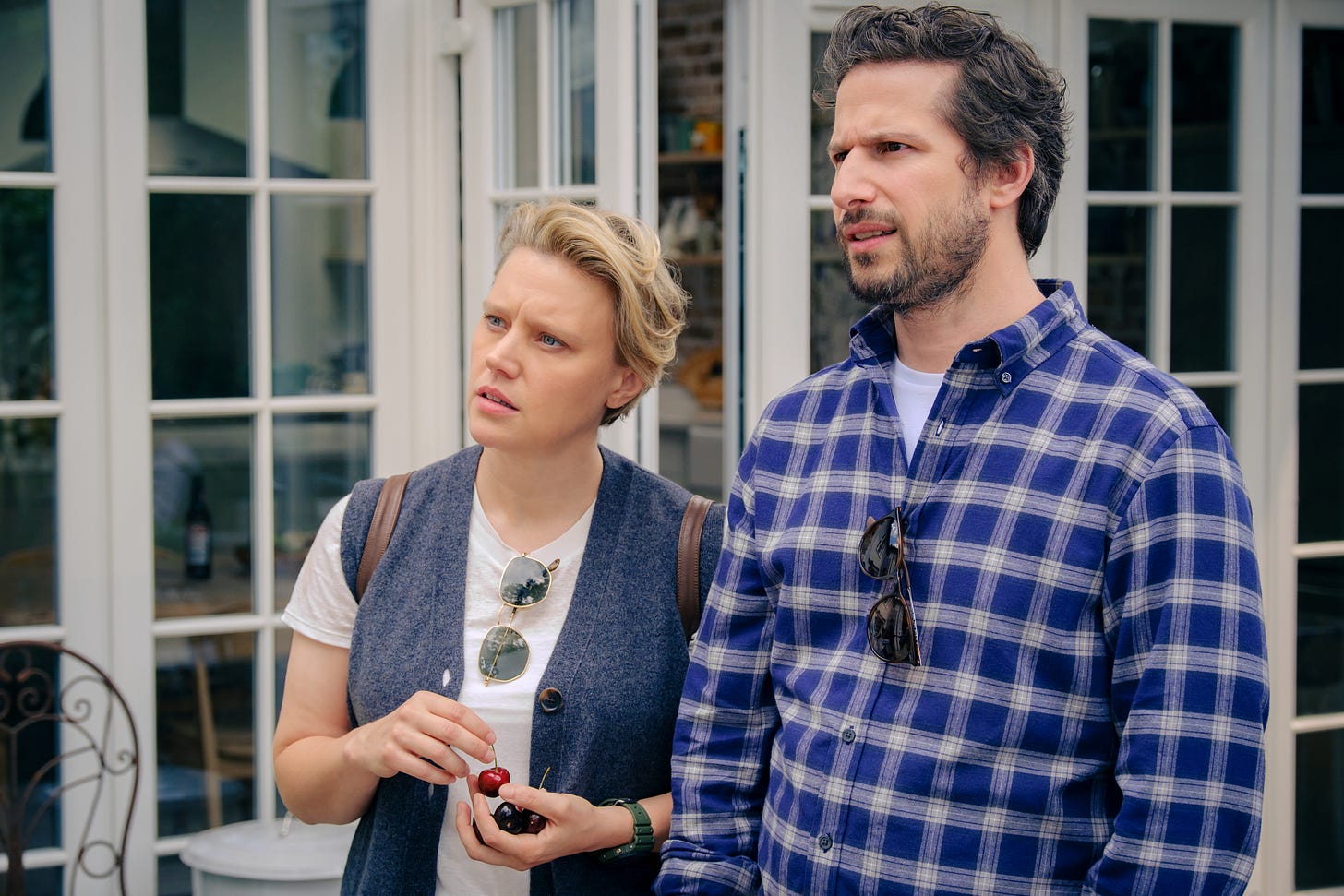Review: 'The Roses'
Benedict Cumberbatch and Olivia Colman face off in this reimagined and hilarious battle of the sexes
“Till death do you part” is a traditional part of the blessing when marrying two people who, one might hope, are deeply in love. Marriage is a life-changing event for many, intended to tie two people together for the rest of their lives—until death, as they say.
But as passion gives way to the drudgery of everyday life, many marriages end in divorce. Valuables are shared depending on the law of the land, but in some cases, the conflict surrounding a divorce goes so far that people will even try to hurt or kill each other.
In Jay Roach’s satirical black comedy The Roses, this is taken to the extreme. Based on the 1981 novel The War of the Roses by American author Warren Adler, and previously adapted by director Danny DeVito with stars Michael Douglas and Kathleen Turner, it’s a story about gender roles, materialism, and the conflicts they can create.
In this new and thoroughly modernized adaptation of the '80s novel, we meet Theo (Benedict Cumberbatch) and Ivy (Olivia Colman) as the embattled couple. After a change in career and fortune, their traditional gender roles are reversed, leading to resentment and conflict.
But hold up a moment. How does all this happen? You might think that yours truly is a cynic through and through who doesn’t believe in neither love or marriage. This is not exactly true, as I am married—the non-religious, humanistic way… don’t worry, it’s a Norwegian thing—and our home is calm and peaceful for the most part—no guns or butcher's knives in sight.
The basic premise of The Roses will be familiar to those who know Warren Adler’s novel or the 1989 film adaptation. We meet Theo, a brilliant and arrogant English architect. During a restaurant meeting to discuss the latest award-winning brutalist abomination, he wanders into the kitchen and meets Ivy. Their connection is instant. A decade later, they have moved to the USA with their children, and Theo is working on his magnum opus. Meanwhile, Ivy takes care of the kids while dreaming of getting her own restaurant off the ground.
However, their fortunes dramatically reverse when a freak storm demolishes Theo’s architectural wonder. The collapse, captured on video and immortalized as a meme, effectively ends his career. Following a nervous breakdown, Theo is forced to step back from work. In a stroke of irony, the very same storm diverts traffic past Ivy’s new establishment—the shellfish-themed “We Got Crabs”—which becomes an overnight sensation and a burgeoning culinary empire.
While welcomed at first, this reversal of roles begins to take its toll. Theo throws himself into raising their two teenage children, molding them into athletes and scholarship recipients. Ivy, meanwhile, is consumed by her growing restaurant chain, spending most of her time away on publicity trips and media appearances.
Gradually, their partnership begins to fracture under the weight of stress, misunderstandings, and a failure to communicate. A mutual longing for what they once had—and what they feel they’ve lost—simmers beneath the surface. When their children leave for college on scholarships, Theo begins to dream of architectural wonders again, and the couple's long-simmering resentment finally boils over into all-out war.
The world of Warren Adler's original novel was a creature of the 1980s—a gilded age obsessed with status symbols and the sheer accumulation of expensive possessions. That zeitgeist feels a world away from our current era of gig economies, personal branding, and the anxieties of doomscrolling.
So, with another adaptation comes the natural question: did the story survive the transition to a modern setting? The answer is an emphatic yes. While a materialistic streak remains, director Jay Roach and writer Tony McNamara have wisely shifted the focus from a war over property to a more contemporary battleground: professional envy, shifting power dynamics, and the resentment that brews when one partner's ambitions eclipse the other's. The core conflict is still there, but its motivations are distinctly modern, making the result both hilarious and darkly relevant.
But the film's satirical relevance, over-the-top as it can be, hinges entirely on the charm and talent of its leads. Benedict Cumberbatch and Olivia Colman have a beautiful, combative chemistry, turning their domestic battlefield into a war of witty jabs and vicious onslaughts. It's a performance that is both hilarious and terrifyingly cringe-worthy—in the best possible way—leaving you laughing out loud one moment and hiding behind a pillow the next.
Adding fuel to the fire is an eclectic bunch of friends and co-workers. Andy Samberg’s lawyer, Barry, and his unhinged wife, Amy (a scene-stealing Kate McKinnon), bring more chaos to an already dangerous situation, while Ivy’s “free-spirited” employees Jane (Sunita Mani) and Jeffrey (Ncuti Gatwa), along with the couple Rory (Jamie Demetriou) and her controlling wife Sally (Zoë Chao) complicate matters further.
At times, The Roses pushes its boundaries so far you expect it to collapse under its own satire, only for it to push even further. Watching it, I got a sense that the film issues a challenge to its audience: take a side. Men may find themselves rooting for Theo, while women may rally behind Ivy. For couples watching together, it might just be a revelatory experience. Or perhaps that’s the point—whether you’re laughing at the absurdity or questioning your own allegiances, the film is doing its job.
The Roses premiers in theatres on the 29th of August.


